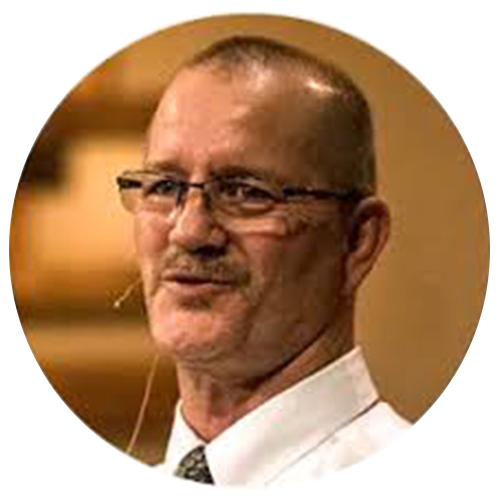Passing Through Samaria
By Mike Hicks
Wouldn’t it be great as educators if we could just do the things we like the best? If we could politely just say, “no thank you” to the parts of the job that are draining, stressful or mundane? Wouldn’t it be awesome if we could even choose the people with whom we work? That would be heaven, but it doesn’t work that way, does it?
Most of us don’t look forward with eagerness to all of our duties, nor do we necessarily enjoy working with all of the people with whom we must engage. I’m sure if we asked a group of educators to make a list of the things (and people) they could do without, it wouldn’t take very long to have a really long list.
Professional development…grading…evaluations…state reviews…certifications…testing…continuing education requirements… difficult parents…challenging students…annoying colleagues…demanding administrators…you could add many more I’m sure.
We are not alone in these feelings. In John 4:3 we pick up an amazing story about Jesus.
“He left Judea and went away again to Galilee. And He had to pass through Samaria” (John 4:3-4).
I love God’s word. I find that sometimes the most encouraging things are hidden in small, obscure little passages like this one.
Between Judea and Galilee was a region Jews usually avoided. Rabbis typically chose a much longer route to avoid going through that region because Samaria was not a friendly place for the people of Israel. Going there was like wandering through the wrong part of a big city…at night…by yourself. The Samaritan’s worldview was different. They were on the other side of the tracks. They were unclean. Lines had been drawn and neither group accepted or trusted the other. Sounds pretty familiar, huh?
But Jesus “had to pass through” Samaria on this occasion, and not only was He on His way to Galilee, He was also exhausted as well.
“So, Jesus, being wearied from His journey, was sitting thus by the well” (John 4:6).
Have you ever been weary and in places you’d rather not be? Jesus fully understands those feelings, but He gives us an idea of what to do. You know the rest of the story. In that place, and in that wearied state, Jesus did something extraordinary. He gave living water to a thirsty soul. This act of love not only changed the Samaritan woman’s life forever, it also transformed an entire village.
Being an educator often takes us into regions like Samaria…places we would rather not be, stops on the way to our planned destination. It defies reason, but in those places God tends to use us the most.
Watch for unplanned encounters with unlikely people.
Jesus never let differences, or weariness distract Him from recognizing the thirsty souls around Him…even the hostile, difficult and annoying ones.
I also love what happened after the woman at the well left Jesus. The disciples returned from their food run and John records they were “urging Him, Rabbi, eat”, but Jesus strangely was no longer hungry.
“My food is to do the will of Him who sent Me and to accomplish His work” (John 4:34).
There is something about doing the will of the Father, and accomplishing His work, that nourishes and restores our own souls.
This year when you find yourself in a place where you’d rather not be, weary from the unpleasant parts of being an educator, stay watchful. It’s there, in unplanned moments with unlikely people, you may encounter a thirsty soul.
And when you give living water to others, you’ll find your own cup is strangely filled.
Have a great year.
“Let us not become weary in doing good, for at the proper time we will reap a harvest if we do not give up” (Galatians 6:9).

Mike Hicks is the director of LIFT America, an outreach ministry of CEAI. LIFT stands for Lasting Impact Fellowship for Teachers and is a ministry designed to help Christian Educators build communities of faith on school campuses across America. Mike was a high school biology teacher for 24 years in southern California and now lives with his wife Carmel in central Virginia.

Well done, Mike! Isn’t great to see Jesus in action?